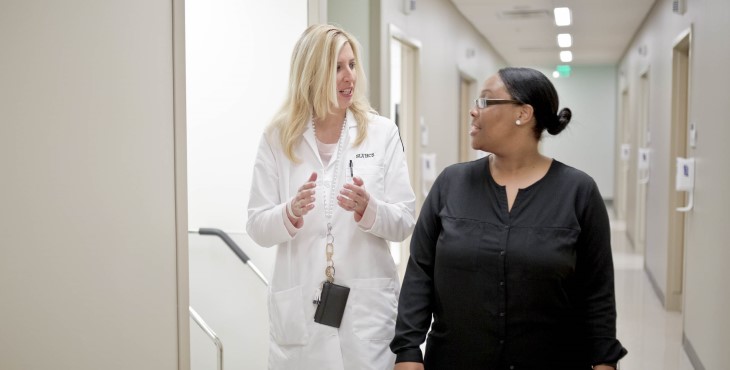AARP is offering free resources for military caregivers who are grappling with stress or suicidal thoughts.
A new study by researchers at the University of Texas Health Science Center at San Antonio found that 1 in 4 military caregivers have had suicidal thoughts. More than two decades of war and the high percentage of injuries and illnesses have created a younger population of caregivers (compared to civilian caregivers) focused on Veterans with long-term medical conditions.
Caregivers at risk
The study was led by Roxana Delgado, a UT health center assistant professor. She has a combat-wounded husband who suffers from a moderate brain injury after being hit by an improvised explosive device.
Almost 24 percent of the nearly 500 military caregivers surveyed reported thinking about suicide since becoming a caregiver. Caregivers of people with mental health issues like traumatic brain injury, anxiety disorders, Alzheimer’s and PTSD are at a higher risk for suicidal tendencies than those caring for people with physical injuries like burns or amputations.
Not only are war injuries abrupt, but they are often complex. This means military caregivers tend to an average of five or more different conditions that can require highly specialized skills. Researchers were surprised at the high number of military caregivers who have thought about suicide because those who care for military members tend to be better organized and have more resources than civilians.
Read more about what is being done within the Veteran and military community to address suicidal thinking among military caregivers in the full story here.
AARP Resources for Caregivers
Join the AARP Family Caregivers discussion group on Facebook: Connect with nearly 4,000 other caregivers in this private group to exchange practical tips, offer support and share your family caregiving experiences. Go to facebook.com/groups/aarpfamilycaregivers to join the group.
Follow these five tips for military caregivers amid the pandemic: AARP teamed up with the Elizabeth Dole Foundation to offer strategies to help caregivers of military personnel and Veterans tackle some of the most critical issues they face every day. Here are five practical steps that caregivers can take amid the coronavirus outbreak to better protect themselves and their loved ones.
The sharing of any non-VA information does not constitute an endorsement of products and services on part of VA.
Topics in this story
More Stories
Each week, we receive job announcements from employers and employment websites—including RallyPoint, RecruitMilitary, VetJobs and HireMilitary—looking to hire Veterans. This post contains links to job listings for the week of July 22, 2024. Each week, we’ll continue to post relevant and timely listings as we receive them, and for the locations listed.
VA hosted its second virtual regional Veterans Experience Action Center (VEAC) June 11-13 as part of a series targeting recently separated Veterans and military members nearing transition out of the armed services.
VA Secretary Denis McDonough spoke to Veteran gamers at the Warrior GMR Mental Health and Gaming Summit July 12 in Washington, D.C.







Until next time